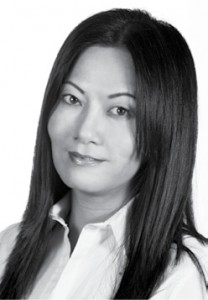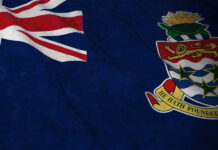Structures for China-related investment have often used a combination of Hong Kong companies and companies incorporated in the Cayman Islands or British Virgin Islands (BVI), with the Hong Kong company holding the shares in the Chinese wholly foreign owned enterprise (WFOE) to take advantage of the lower withholding tax on dividends, and the Cayman or BVI company acting as the ultimate parent. This is the traditional structure used by China-related businesses that list on Hong Kong’s stock exchange.

Substantial amounts of capital running into billions of US dollars have been invested through structures such as this. Many brands that have since become household names in China, such as Alibaba, Master Kong, Want Want and Ctrip, were formed early in their development as Cayman companies, in some cases more than a decade ago.
In more recent times, the market has seen Chinalco, the largest listing on the Stock Exchange of Hong Kong (SEHK) to date in 2013, and Hopewell Highway Infrastructure, the first company to offer dual trading of its shares in Hong Kong dollars and renminbi on the SEHK, both structured as Cayman companies.
You must be a
subscribersubscribersubscribersubscriber
to read this content, please
subscribesubscribesubscribesubscribe
today.
For group subscribers, please click here to access.
Interested in group subscription? Please contact us.
你需要登录去解锁本文内容。欢迎注册账号。如果想阅读月刊所有文章,欢迎成为我们的订阅会员成为我们的订阅会员。
Christine Chang is a partner at Maples and Calder in Hong Kong. She can be contacted on +852 2971 3002 or by email at christine.chang@maplesandcalder.com
Greg Knowles is a partner at Maples and Calder in Hong Kong. He can be contacted on +852 2971 3008 or by email at greg.knowles@maplesandcalder.com





















